Keywords: Catholic Church In Australia
There are more than 200 results, only the first 200 are displayed here.
-
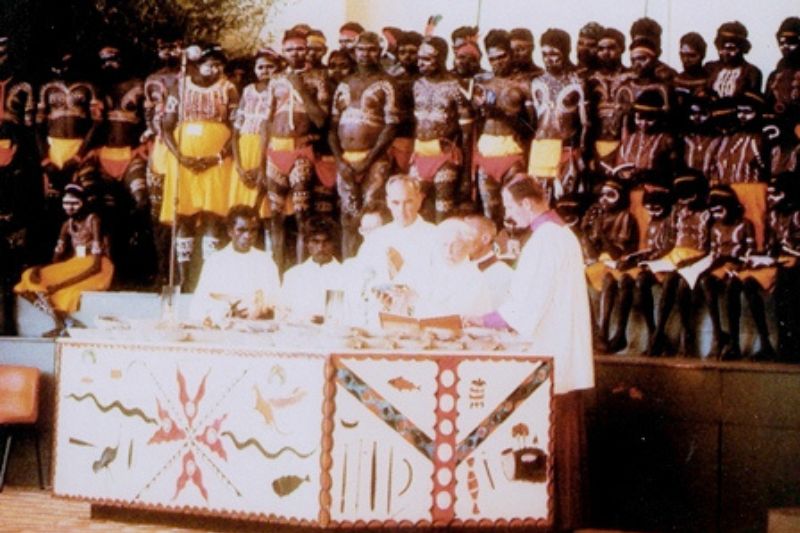
RELIGION
- Brian McCoy
- 20 February 2023
15 Comments
Fifty years ago, the Aboriginal Liturgy was the first attempt by the Catholic Church in Australia to re-shape the Mass, and was the first time we had witnessed and experienced Aboriginal people expressing their Catholic faith in ways that were culturally different from our own.
READ MORE
-

ARTS AND CULTURE
- Paul Mitchell
- 17 February 2023
3 Comments
Arguably Australia’s most celebrated living author, Helen Garner has built a reputation as a fearless and unapologetic writer whose work has remained fresh and relevant for over 45 years. We sat down with Helen to explore the challenges of confessional non-fiction, her fondness for church, and her commitment to unsparing self-analysis.
READ MORE 
-

AUSTRALIA
- Andrew Hamilton
- 02 February 2023
6 Comments
Any discussion of the ethics of culture war should begin with the basic reality of human communication: to flourish, human beings rely on cooperation with other people. Speaking abusively about others weakens the necessary trust that lies at the foundation of a well-functioning society and inhibits the conversation about values necessary in a humane society.
READ MORE
-
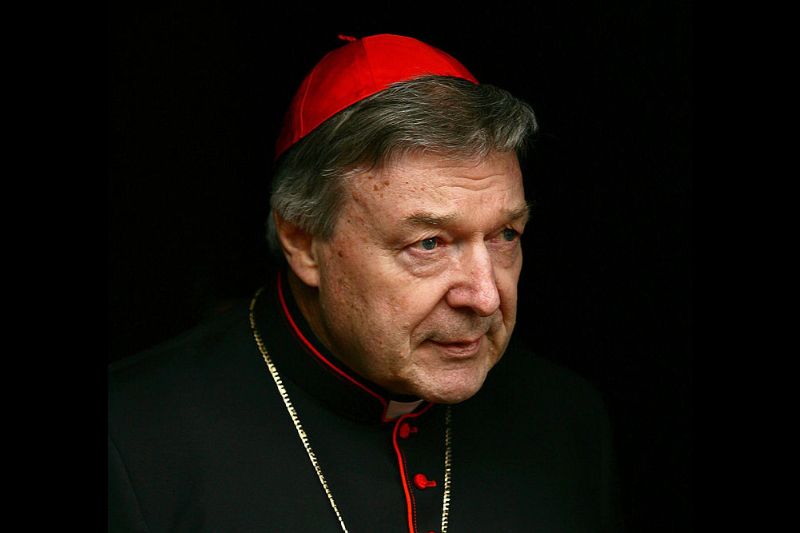
RELIGION
- John Warhurst
- 31 January 2023
17 Comments
Last year, the late Cardinal George Pell anonymously published a memorandum that criticized Pope Francis and his vision of a synodal church and condemned the Synod as a ‘catastrophe’, Cardinal Pell's memo signals building tensions between different visions for the future of the Church in Australia.
READ MORE
-
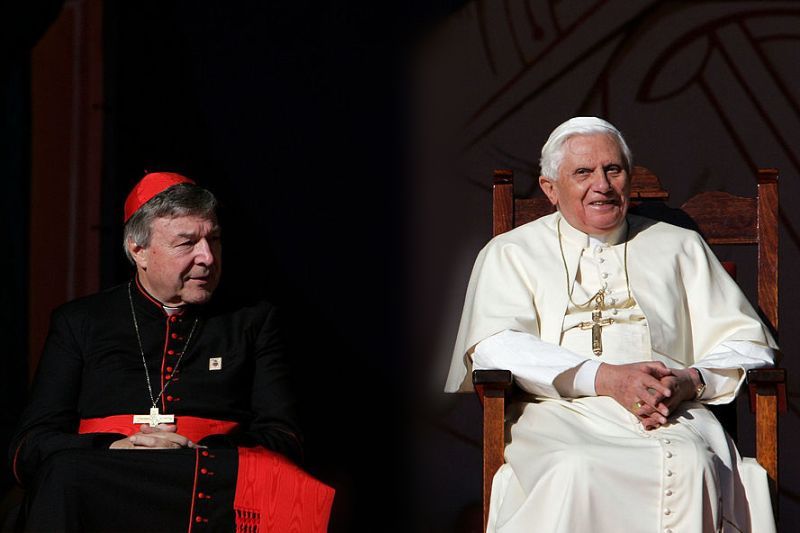
RELIGION
- Michael McVeigh
- 17 January 2023
11 Comments
The two Catholic leaders who passed away this summer both lived in the public spotlight for much of their lives, but they also each lived a private life of which we only ever gained glimpses. Those of us who didn’t know them tend to fill in the details based on which aspects of their public persona best align with our own attitudes.
READ MORE
-

RELIGION
- John Warhurst
- 12 January 2023
The Church must speak up to be relevant, but those who seek to ‘speak for the church’ must be brave. They risk exposing themselves to claims of bias unless they stick to a very narrow agenda and speak in extremely measured terms. Yet if they are too bland they risk being irrelevant to the sharp end of political debate and their intervention becomes little more than a symbolic ritual.
READ MORE
-
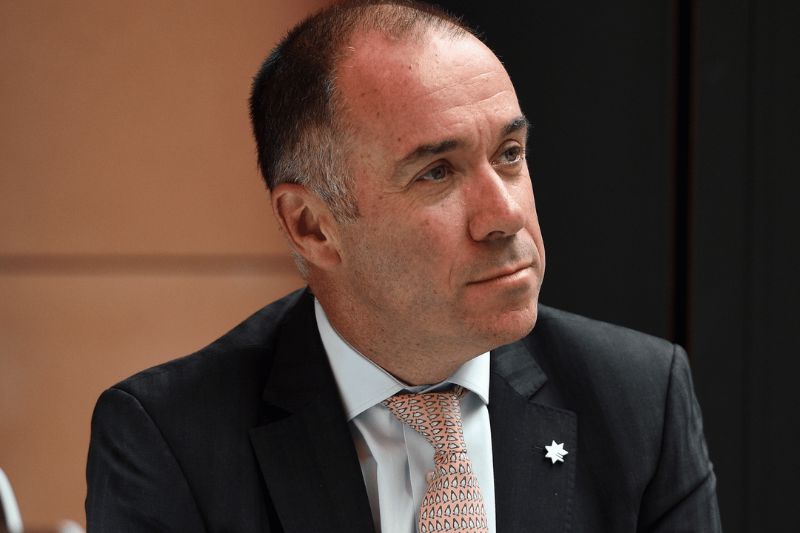
AUSTRALIA
- Chris Middleton
- 12 January 2023
It is highly doubtful that the Essendon Football Club appreciated the reaction that would occur when it presented its new CEO, Andrew Thorburn, with the option of giving up his role as a lay leader in the City on a Hill Anglican Church or resigning from his role with the Club. Even if many were uneasy about how the issue was caught up in the culture wars, it caused widespread concerns amongst people of faith.
READ MORE
-
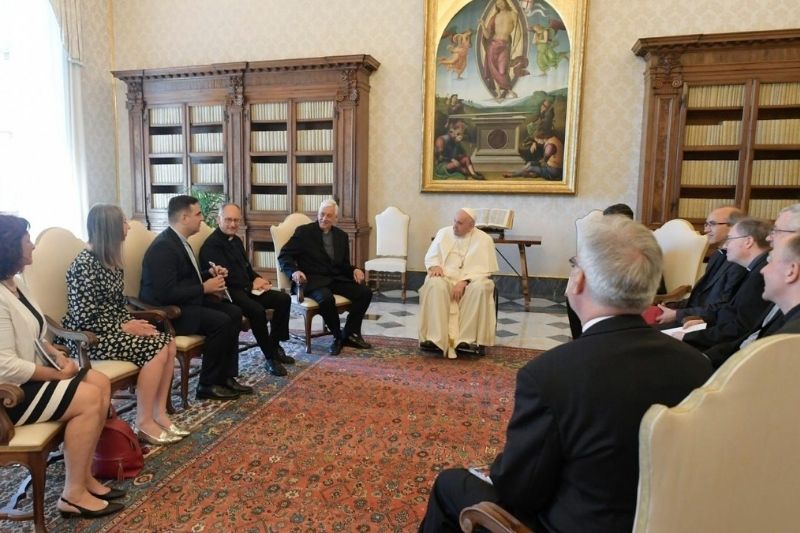
MEDIA
- Andrew Hamilton
- 12 January 2023
In a recent meeting Pope Francis met the editors of European Jesuit cultural magazines. As usual in such meetings he did not give an address but invited the participants to ask questions. The questions ranged across a wide area, reflecting the different readership and religious culture of the magazines. Underlying the Pope’s responses lay a challenging and coherent approach to the Jesuit mission and to communication that invites self-reflection also among Jesuit magazines and their readers outside Europe.
READ MORE
-
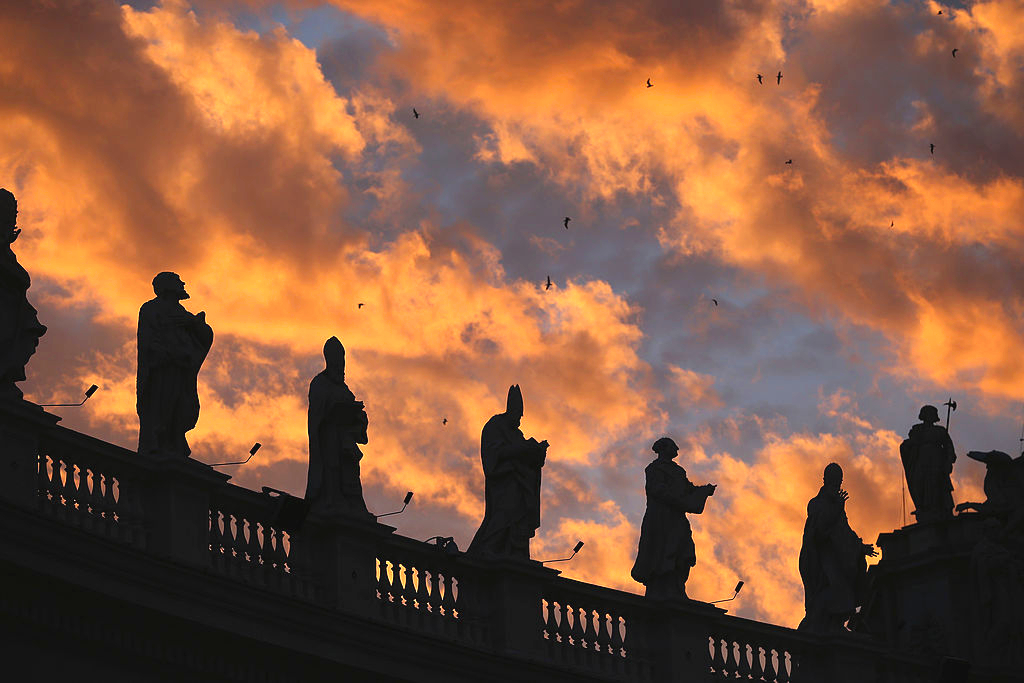
RELIGION
- Miles Pattenden
- 12 January 2023
Many Catholics will have found the news from Germany this past week painful. A law firm, Westpfahl Spilker Wastl, has presented findings in its investigation into historic sexual abuse in the Munich archdiocese. Running to 1,000 pages, the report is shocking: it lists at least 497 victims for the period 1945–2019 and identifies 235 probable offenders including 173 priests and nine deacons.
READ MORE
-
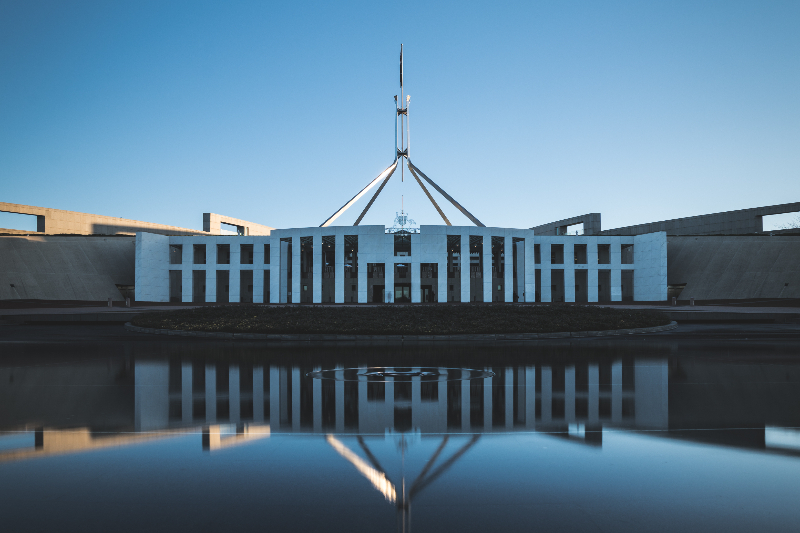
AUSTRALIA
- Frank Brennan
- 12 January 2023
In recent days, if you were to listen to the media reports, you could be forgiven for thinking that religious educators want to retain a right to exclude children or teachers from their schools on the basis of their gender or sexual orientation. Nothing could be further from the truth. Or nothing should be further from the truth.
READ MORE
-
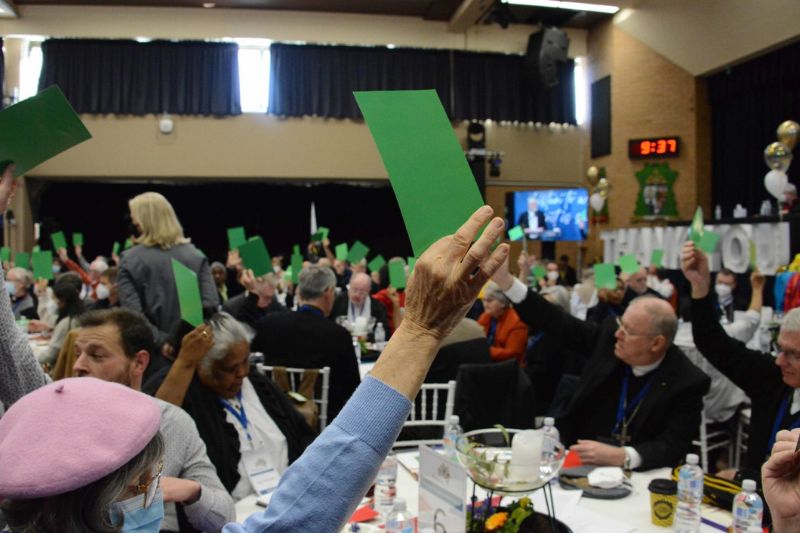
RELIGION
- Paul Collins
- 05 January 2023
The Plenary Council (PC) is over and the time has come for assessments. What did it achieve? In positive terms it brought together an enormously generous group of people whose dedication to Catholicism is extraordinary. It also demonstrated the diverse complexity of the community.
READ MORE
-
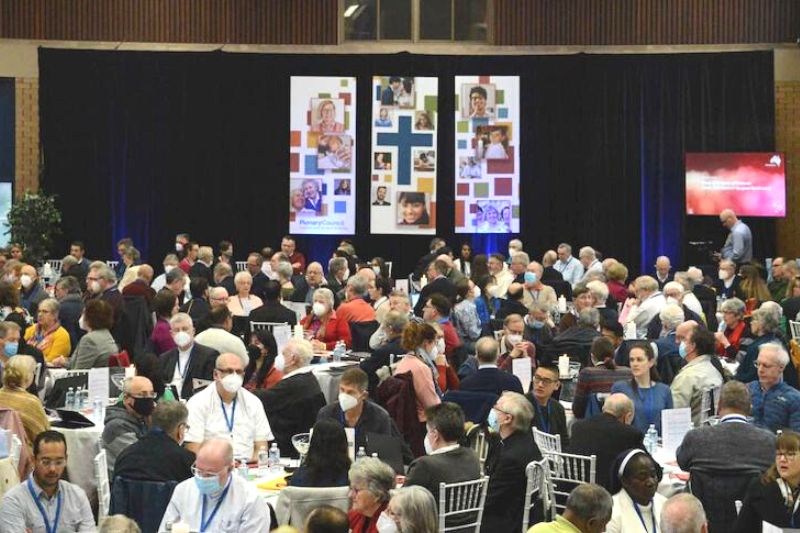
RELIGION
- John Warhurst
- 06 December 2022
3 Comments
The Synod of Bishops, to which all People of God in Australia have now had their attention redirected after the Plenary Council, is another gigantic exercise in consultation and discernment undertaken by the Church. The possibilities for progress are inspiring, but also hedged around by enormous pressures of time and capacity. In a sense it is the Plenary Council writ large.
READ MORE 